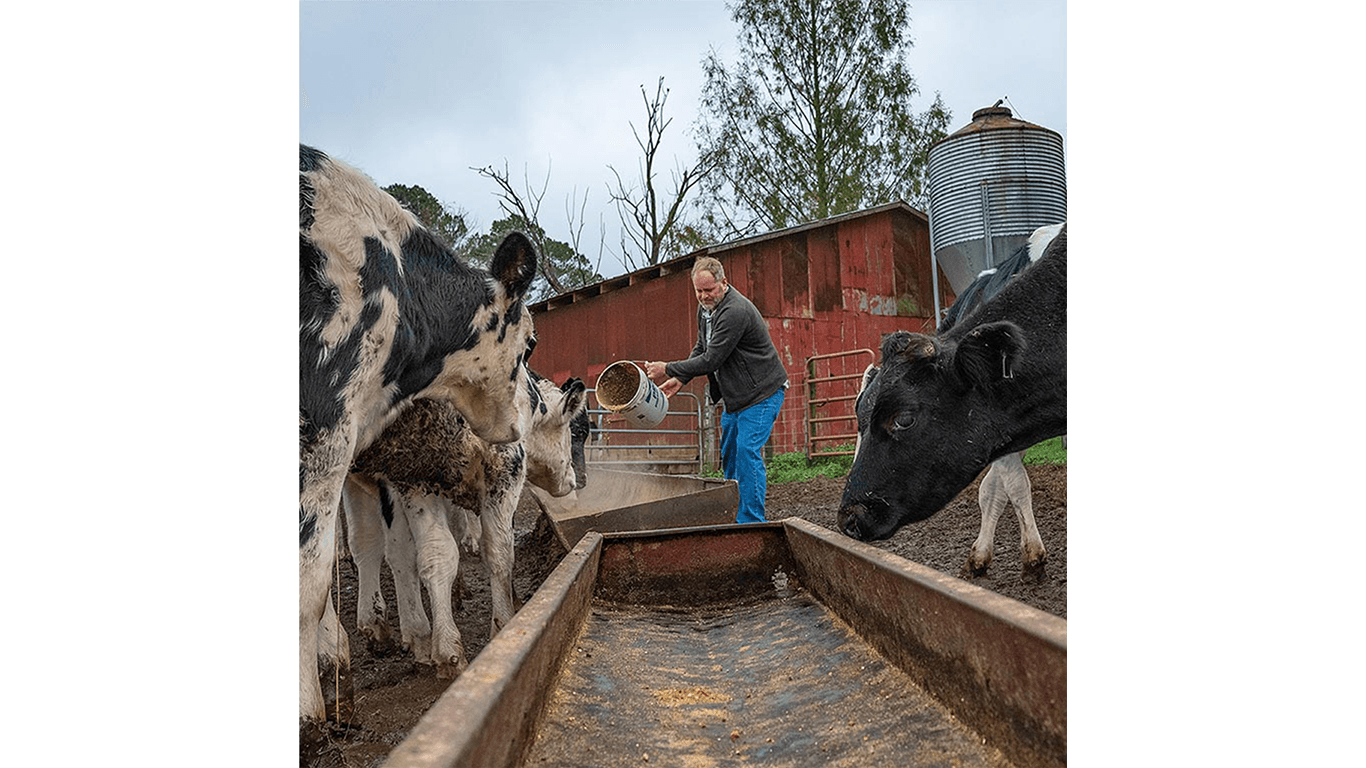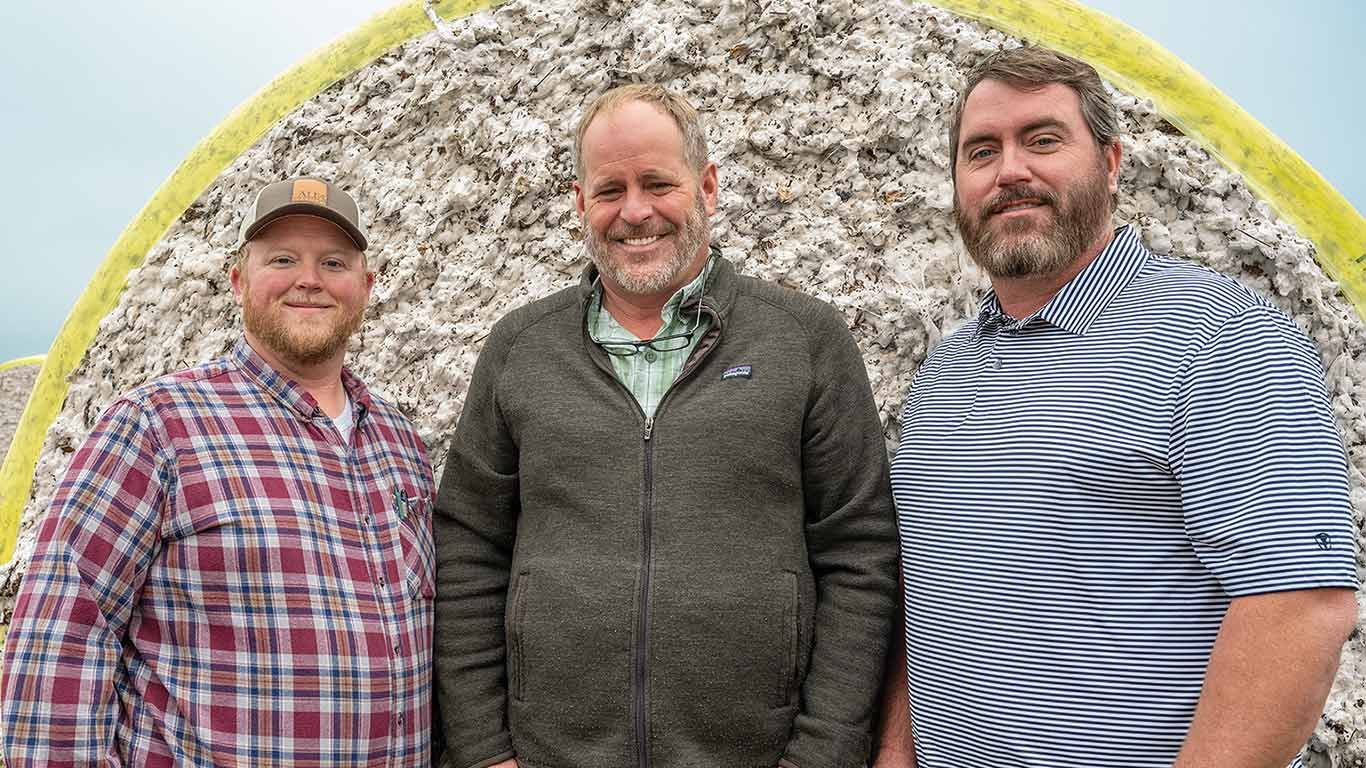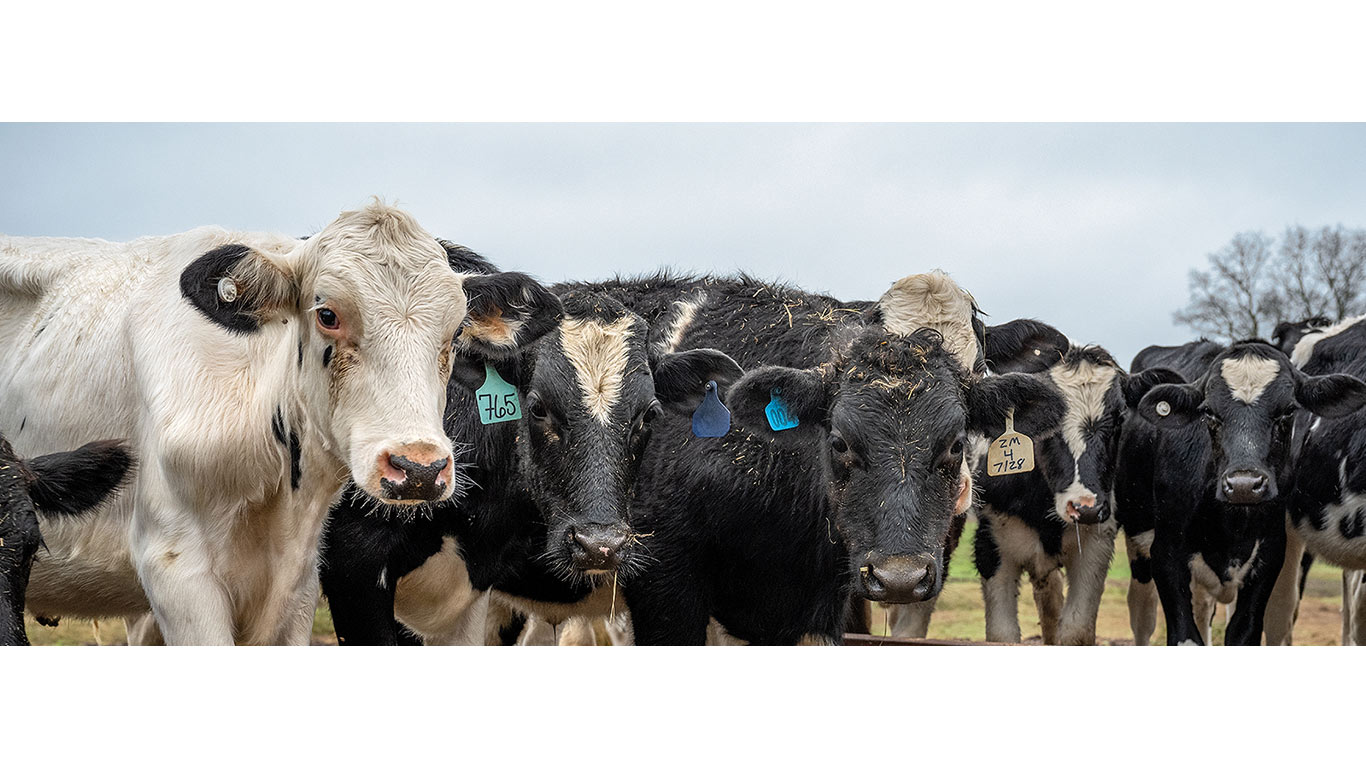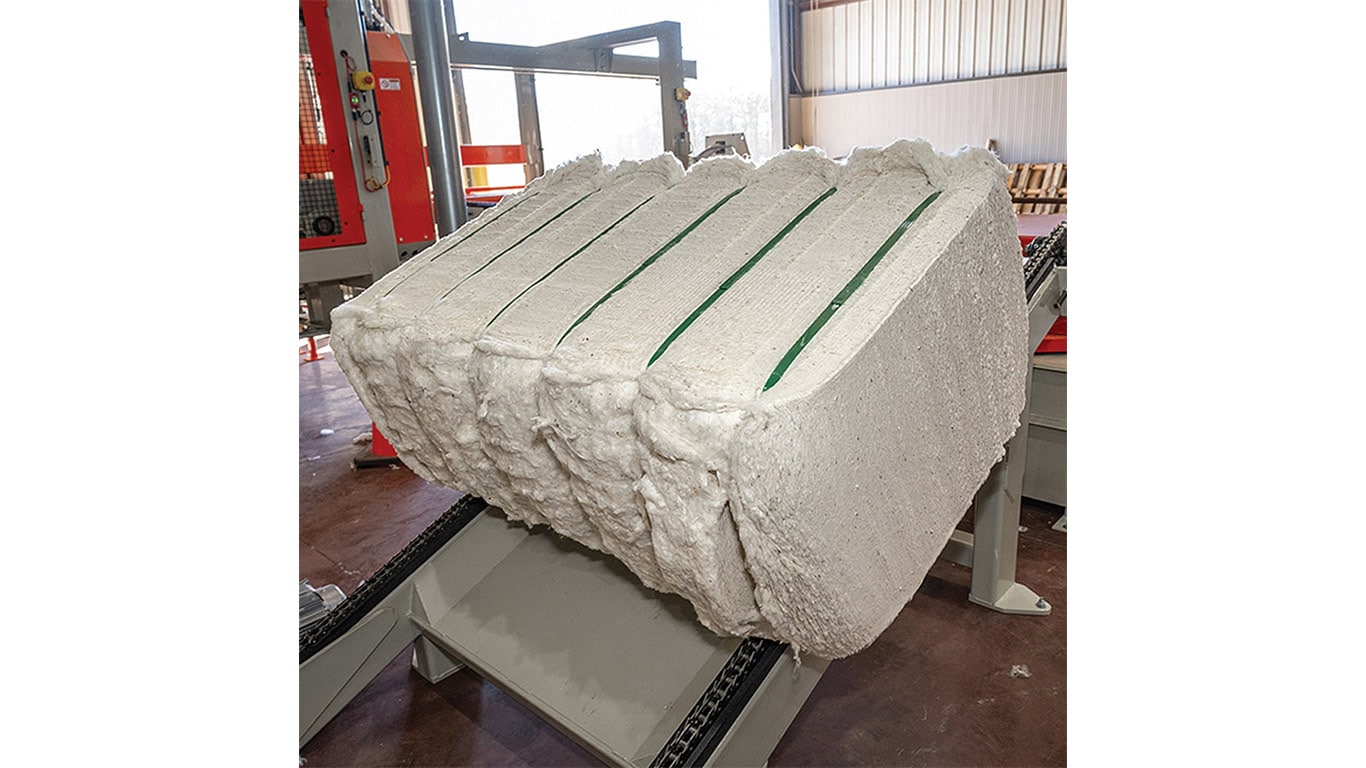
John Newby feeds the Holstein steers they background at their Athens, Alabama, farm headquarters. The farm is increasingly pressured by urban sprawl from all sides. A long tradition of sacrificing to buy land instead of rent gives them the option to sell land at a premium and reinvest in land suitable for farming, but not development.
Agriculture, Farm Operation September 01, 2025
Strength in Numbers
Working together keeps seven-gen farm family ticking.
by Martha Mintz
Hindsight is 20/20. Peering into the past, the Newby family of Athens, Alabama, can clearly identify practices that built the sprawling farm they work today. As they gaze into the future, the image is a bit more astigmatic.
Changes in the region, in farming, even in how their children engage in agriculture means what worked in the past may not be counted among the tools for farming success in the future.
A strong foundation is in place. Generations have invested in land, set an example of diversification, adopted technology, and engaged with industry organizations to gain any possible edge.
Cooperation, however, forms the critical stabilizing footings of the structure. Four families distribute the weight of work, worry, and financial burden evenly, lightening everyone's load and risk.
"One reason this works is we were trained this way, to work together," says Jerry Allen Newby.
He farms in partnership with his sister Elizabeth and her husband Justin Crow, and his cousins John and James Newby and their families. They grew up working side by side on the farm with their fathers, Jerry and Jimmy Newby who farmed with their father, James Newby.
"I know if Jerry Allen goes off and doesn't come back all day that he's working for me and he knows I'm working for him. It takes a different mindset," John says.
The four families work together to raise cotton, corn, soybeans, and wheat in four counties and two states. They also background dairy steers and are partners in the Associated Growers cotton gin located in Athens.
"Our parents hammered into us the idea of others before self. Watching them live that way, be selfless toward each other, gave us a great example to follow," James says. Their parents worked so closely the cousins see their relationship closer to that of siblings.
Future focused. The family has always had an eye on what comes next. When their grandfather and fathers started buying land in the 1960s, Alabama farms were often no bigger than 100 acres. Their grandfather saw land as an investment.
"The most important thing our family did was buy land. Daddy always said if you rent it, you can lose it. If you own it, it's yours," John says.
Today, The farm office sits just a few miles off packed I-65. Housing developments squeeze them from nearby Athens and Huntsville. Neighbors commute an hour to Nashville or Birmingham.
The office is in a simple house with a few outbuildings that don't match the scale of the farm.
"We don't invest in buildings and fancy facilities, we invest in land," John explains.
Teaming up supports their continued ability to invest in land.
"The way the ag climate is going, you either have to get bigger to spread the cost of equipment and inputs, or get out," John says. "When we look at big investments like land or equipment, there isn't just one family shouldering a pile of debt. We spread the risk."
Above: Jerry Allen, John, James and (not pictured) Elizabeth Newby, rely on diverse income streams, including cotton, corn, soybeans, cattle, and partnership in a gin to spread risk and maintain reliable income from their acres.
Owning the land also allows for investing in management strategies like tile drainage and irrigation that help stabilize production.
"Irrigation brings us consistency," Jerry Allen says. In the Tennessee Valley, irrigation alone won't make a crop, he says. But in a dry year like 2024, they were able to confidently buy inputs and market the irrigated crops because they knew they'd get the yield one way or the other.
Their family was among the first to irrigate in the area—and the first to grow corn and soybeans, adopt new technologies and practices, and the list goes on. It's yet another instilled tradition.
"If you aren't looking ahead and don't want to be the first or the leader, you're going to be the caboose," John says.
The technologies and management practices they've adopted, however, mean less field work. With that comes unexpected consequences for their children.
"We used to run small tractors pulling plows that barely wiped out the wheel tracks behind us," Jerry Allen says. With big tractors and bigger implements, the kids have to wait much longer before they can help and grow their passion for the industry.
They're also exposed to other lifestyles through their city friends.
"Their friends' parents work four-day weeks making six figures. They go to every game, even coach their kids' teams," James says. "Then they see us working seven days a week."
Modern farmer. The fact that farming is changing may also serve to draw their children back to production. They don't have to drive tractors. They can be in management, just like their friends' parents.
"People don't want to hear it, but farming is a business, not just a way of life," John says.
Already the crew divides specialized tasks. Each has their department like accounting, technology, agronomy, etc. They're also aware there comes a time when business has to outweigh sentiment, yet another lesson from the prior generations.
James says he wouldn't take any amount of money for a 60-acre parcel purchased by their great-grandfather before the Civil War. It's far removed from the rest of their ground and surrounded by houses and a quarry.
"Dad said, 'You wouldn't take $10,000 per acre? I believe I would take that,'" James says.
No matter the decision, they weigh the cost considering their own future and a potential future with their children in their place.
"You don't know what's going to happen tomorrow, so you do what's best today with an eye to the future," Jerry Allen says. ‡
Read More

AGRICULTURE, EDUCATION
Safeguarding Your Rural Dream
Prepare before the power goes out.

AGRICULTURE, SPECIALTY/NICHE
Backyard Biochar
Pyrolyzed wood waste can jump-start garden soils.




